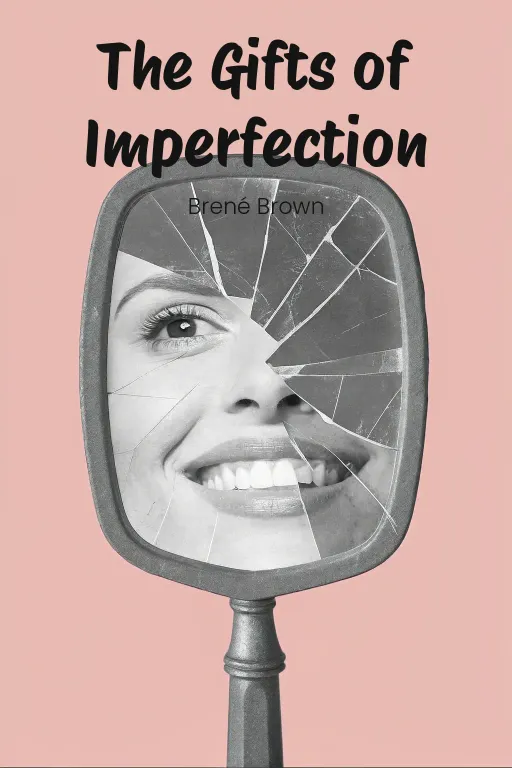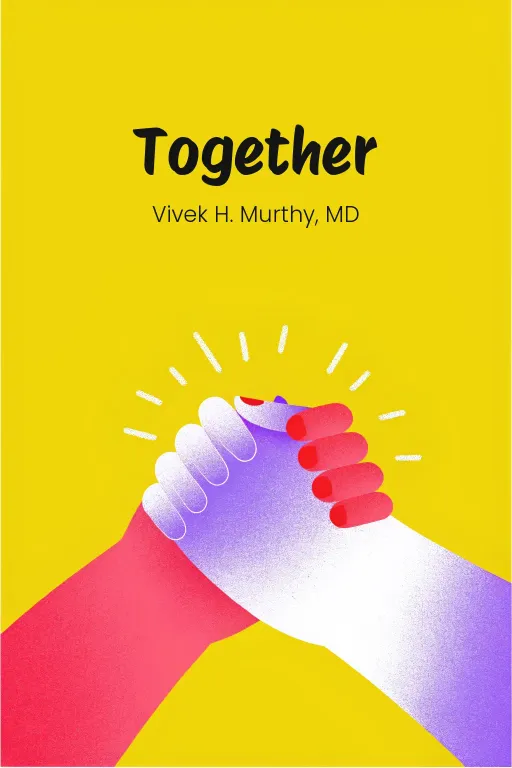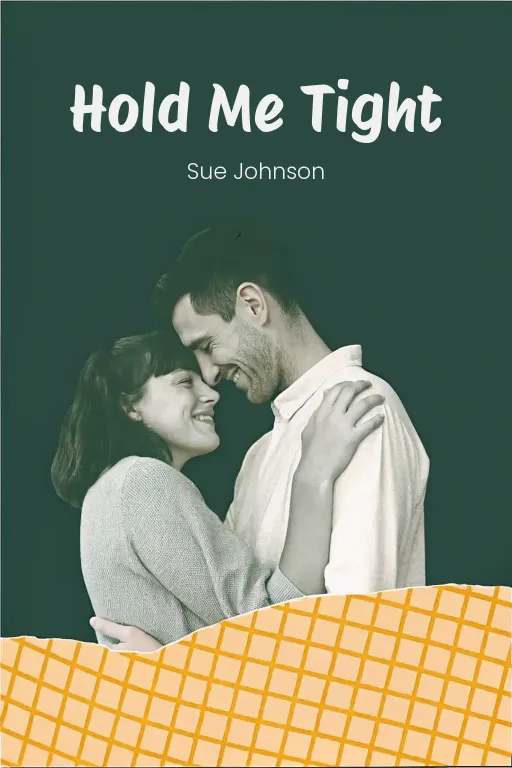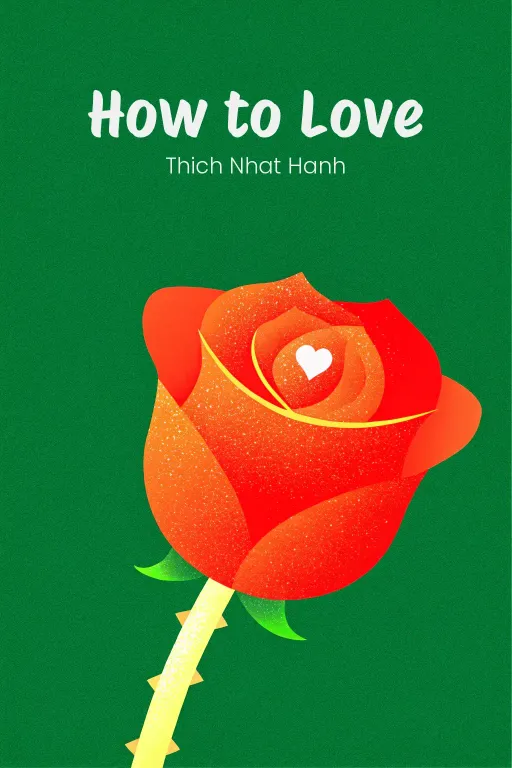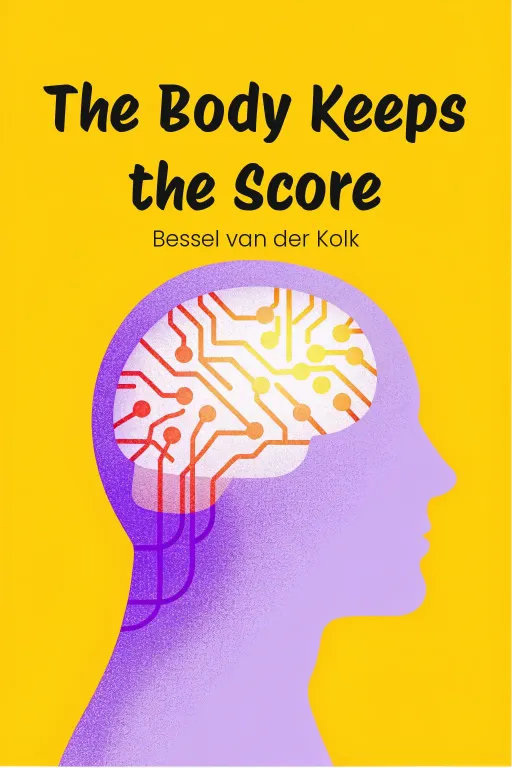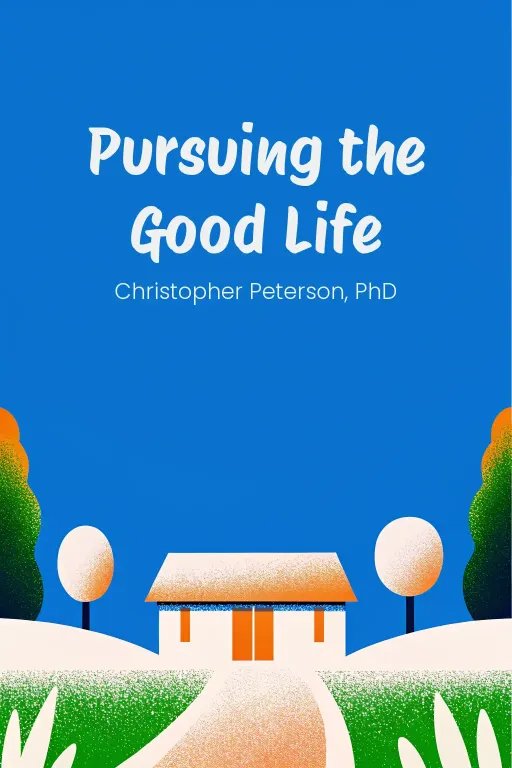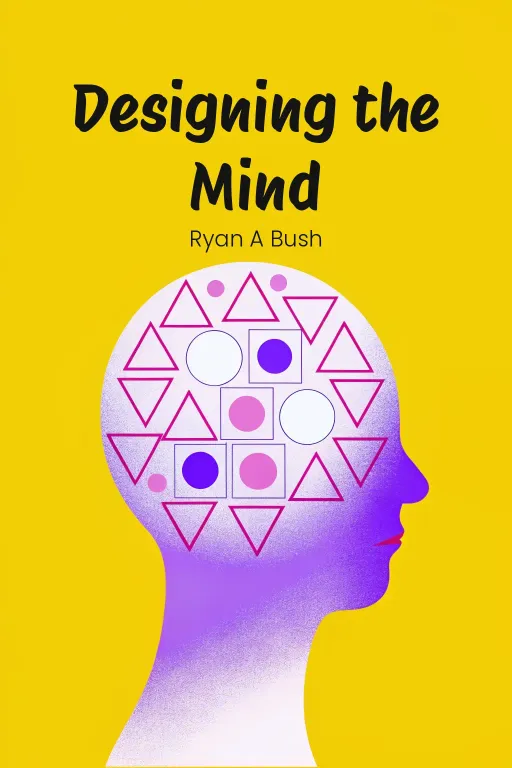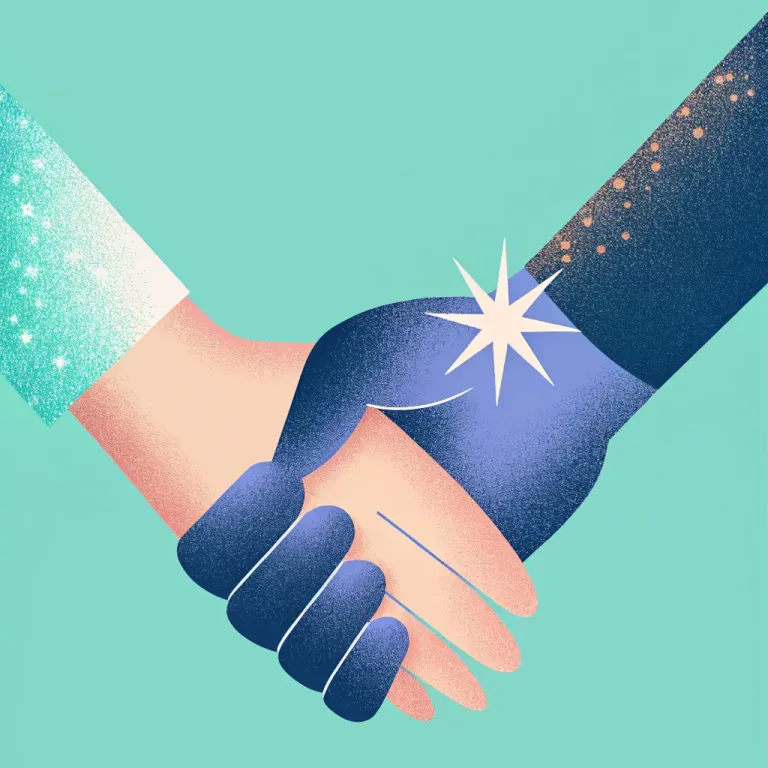
Stop Loneliness: Reclaim Your Health & Life
Podcast by The Mindful Minute with Autumn and Rachel
The Healing Power of Human Connection in a Sometimes Lonely World
Stop Loneliness: Reclaim Your Health & Life
Part 1
Autumn: Hey everyone, welcome back! Today we're tackling something deeply personal, yet totally universal: loneliness. It's that feeling we all know, but rarely discuss. And get this, did you know that loneliness has the same impact on your health as, like, smoking 15 cigarettes a day? It's not just about feeling sad; it actually messes with your heart, your brain, your “whole” body. Rachel: Whoa, hold on—smoking 15 cigarettes? So, do we need to put a warning label on Netflix binges now? Seriously though, Autumn, I'm intrigued. Loneliness is usually seen as a personal thing, right? Like, “Just go out and meet people!” I wouldn't imagine it as public health issue. Autumn: Exactly. That's what Dr. Vivek Murthy challenges in his book, Together: The Healing Power of Human Connection in a Sometimes Lonely World. He describes loneliness as a kind of hidden epidemic. We're biologically wired to connect, but society, in many ways, keeps fracturing those connections. Murthy uses stories, research, and cultural insights to show loneliness isn't just an emotion; it's a multifaceted issue that affects our psychology, biology, and even how we structure our communities. Rachel: Okay, you've got my attention. Are we talking about some huge societal overhaul here, or is it more like, "Should I smile at my neighbor in the elevator starting tomorrow?" Autumn: That’s exactly what we're diving into. We're going to explore loneliness through three key dimensions. First, the roots – both our biological need and how society has evolved in ways that disconnect us. Second, the consequences – how it impacts our mental and physical health, and even the cohesion of our communities. And third, the solutions, from personal acts of kindness to systemic changes that foster genuine connection. Rachel: Sounds like we're mapping out a cure for a pretty complex disease, Autumn. I'm glad you're bringing the science, because I've got a million questions swirling around in my head. Like, how did we even get here in the first place? And can we really build connection in a world that seems obsessed with individualism? Autumn: Precisely, Rachel. Dr. Murthy offers hope that healing is possible on every level, from a simple handshake to a sweeping policy change. So, let’s start piecing this puzzle together, shall we?
Understanding Loneliness
Part 2
Autumn: Okay, so let's kick things off by really nailing down what we mean by "loneliness". It's crucial, because the term gets thrown around a lot, and often, it's not quite understood. It's not just about being physically alone, you know? You could be in a super crowded place, a buzzing city, and still feel incredibly lonely. It's more about the difference between the level of connection you're craving and what you're actually experiencing. Rachel: Ah, so it's less about the number of faces around you, and more about whether you feel like you genuinely connect with them? Like being in a packed stadium, but feeling like nobody really sees you? Autumn: Precisely. That's why loneliness is so personal. Some people absolutely thrive in their own company, while others might feel totally isolated, even with tons of friends. Dr. Murthy breaks it down into two types: “intimate loneliness,” which is when you're missing those really close, supportive relationships, and “relational loneliness,” which is about lacking a broader community or network. Rachel: Okay, I get it. So, someone could be married, but if they feel like their partner doesn't really get them, they'd be experiencing intimate loneliness. And someone new to a city, without any connections, would be facing relational loneliness. Autumn: Exactly. And here's where it gets tricky: loneliness is often something people feel ashamed to admit. It's like they think it's a flaw, a personal failing. And, naturally, that shame just pushes them further into isolation. It becomes this awful loop. Rachel: That's so true, and it's kind of messed up, right? It's okay to say you're hungry, okay to say you're tired, but admitting you're lonely? Suddenly you're seen as... defective somehow. Autumn: You nailed it, Rachel. And Dr. Murthy takes it even further, showing that loneliness isn't just about feelings — it's got biological and evolutionary roots too. Rachel: Wait a minute... Evolutionary roots? Now we're going way back. How does being lonely connect to our caveman days? Autumn: Think about it: early humans needed the group to survive. Strength in numbers, shared resources, protection from predators. Back then, being on your own was a huge survival risk. So, loneliness evolved as a warning signal, like hunger or thirst. It's your brain saying, “Hey, reconnect! Your life might depend on it". Rachel: Wow, Autumn. So loneliness is basically the emotional equivalent of your stomach growling for food? Except instead of food, you're craving human contact? Autumn: Right! And just like ignoring hunger leads to malnutrition, ignoring loneliness can have serious consequences. It triggers stress responses. Cortisol shoots up. The same brain areas that light up with physical pain activate. It's no wonder loneliness is linked to depression, anxiety, even heart problems. Rachel: Hold on — loneliness literally hurts like physical pain? That's intense. So our brains aren't just imagining the pain of disconnection, they're registering it as something real? Autumn: Exactly, and oxytocin reinforces that connection. It’s released during positive social interactions, and it helps us bond. When those interactions are missing, there’s a hormonal imbalance, and feelings of distress are perpetuated. Rachel: So, if I'm following you, we're biologically programmed to connect. Yet, here we are in a world that almost seems set up to keep us apart. Autumn: Which brings us to the modern world, you know? All these societal shifts, from moving to cities to spending so much time online, they've made it much harder to develop those deep, meaningful relationships. Rachel: Ah, let me guess: you're talking about social media, aren't you? You've got a thousand "friends," but you're still sitting at home, watching everyone else's highlight reel. Autumn: That's a big piece of it, absolutely. Platforms like Instagram and Facebook can create the illusion of connection but also make you feel more inadequate or left out. You end up comparing your real life to someone else’s carefully constructed image. But it's not just tech. It's cultural, too. Modern societies tend to prize being independent over being connected, and that makes prioritizing community tough. Rachel: And yet, loneliness isn’t just some problem for people on the margins. Even so-called “successful” people aren’t immune. Dr. Murthy himself talks about feeling lonely, even when he was at the peak of his career as Surgeon General, right? Autumn: Absolutely. He shares how, despite being surrounded by colleagues and admirers, he felt disconnected and isolated. Success, in the way we traditionally define it, doesn’t shield you from loneliness. In fact, it can sometimes amplify it by creating a façade that makes it even harder to reach out for support. Rachel: That's a powerful point. And it explains why loneliness isn't just a personal struggle—it's a collective issue, tied to how our communities, workplaces, even our governments run. Autumn: Exactly, Rachel. By seeing loneliness as something we all share, we can start to break down the stigma and create opportunities for real solutions, both for individuals and for society. It’s only when we really get what's behind loneliness — the biology, the psychology, the culture — that we can actually start tackling it. Rachel: So, basically, the real epidemic isn't just disconnection, it's not understanding what connecting “actually” means.
Effects of Loneliness
Part 3
Autumn: So, with that base understanding in place, let’s really dig into how deeply loneliness affects us, you know? It’s not just a personal thing; it impacts whole societies. I think we can break it down into three core areas: health, economics, and how it’s fragmenting our communities. Hopefully, by the end, we’ll all see why tackling this holistically is so critical. Rachel: Okay, so we’re starting with the individual, personal health, before zooming out to see the larger systemic effects. All right, Autumn, hit me with it. How does loneliness actually mess with our physical health? Autumn: It's honestly shocking. This isn’t just, like, an emotional thing – it seriously impacts your body. Dr. Julianne Holt-Lunstad’s research equates chronic loneliness to smoking 15 cigarettes a day in terms of its impact on mortality! And people with solid social connections? They have a 50% lower chance of premature death compared to those who are more isolated. Rachel: Wow, that's pretty intense. So, basically, a daily dose of human connection is like, what, a super-vitamin? But seriously, why such a big physical impact? What's actually happening inside our bodies? Autumn: Well, a lot of it boils down to stress. When you're chronically lonely, your body’s stress response is basically stuck in overdrive. Elevated cortisol levels which is that stress hormone, then wreak havoc over time. Think weakened immune system, increased inflammation, and heart problems. Studies show a 29% higher risk of heart disease and a 32% greater chance of stroke for those who are chronically lonely. Rachel: Okay, so it's not just feeling bummed out, it's like your body’s literally saying, "Hey, I'm under attack here!" And if that stress just keeps piling up, then, boom, health crisis. Autumn: Exactly! And then there's mental health. Loneliness isn't just linked to things like anxiety and depression; it “really” amplifies them. Even worse, it can create this vicious cycle. Someone feels lonely, so they withdraw more, which deepens the isolation and worsens their mental state. Rachel: Yeah, that spiral just feeds itself. But how does this actually play out in real life? Can you give an example? Autumn: One case that always sticks with me is Anne, an 88-year-old widow. After losing her husband, who was her main emotional lifeline, she became increasingly isolated. Her kids lived far away, busy with their own lives. Over time, her loneliness started to affect her physically. She developed hypertension and struggled with insomnia. Her health spiraled, and the root cause was “really” that emotional isolation. Rachel: That’s heartbreaking. It’s such a clear example of how loneliness is way more than just feeling sad. It's got these cascading effects. Anne probably wouldn’t have ended up with those physical problems had she maintained a stronger emotional connection. Autumn: Exactly. It’s this “really” vicious cycle: emotional isolation leads to physical problems, which then just feeds back into feeling even more isolated. Rachel: Right, so loneliness is bad for individuals. Noted. But what about, say, the economy? Are we talking about just lost productivity here, or something bigger? Autumn: Both, “really”. On a micro level, loneliness straight-up hits workplaces. Employees who are disengaged are often feeling lonely, and this obviously shows up in lower job satisfaction and less teamwork. But the impact scales up from there. Globally, companies lose billions each year due to healthcare costs, absenteeism, and reduced productivity, all linked to employees who are lonely. Rachel: Let me guess, we're not just talking about employees who avoid the office parties, right? It's deeper than that. Autumn: Precisely, think about Anthony Doran, a veteran who, during his time in the military, his effectiveness was depended on his ability to build effective teams. When he transitioned to a civilian role, he got an office job that just didn't have that sense of purpose and connection he had in the army. His productivity tanked, deadlines became optional—and it all traced back to being emotionally disconnected from his new work environment. Rachel: So, even someone like Anthony, who's clearly capable, struggles without those meaningful connections. I mean, shouldn't this be a wake-up call for organizations? Shouldn't we be rethinking workplaces to foster human connection? Autumn: Absolutely. The solutions aren't just team-building retreats or virtual happy hours. Addressing loneliness means rethinking how workplaces actually value and cultivate connection - that's where we start seeing systematic change. Rachel: But it's not just workplaces, right? Loneliness must strain healthcare systems too. I mean, Anne's case alone, that probably added to her hospital visits and medical bills. Autumn: For sure! Loneliness drives up healthcare costs through more frequent doctor visits and longer hospital stays. Those stress-related physical problems we were talking about—heart disease, mental health crises—those put a huge strain on public health systems. Combating loneliness isn't just personal; it's economic too. Rachel: Got it. Loneliness is essentially expensive. And that's just on the individual and workplace level. What about broader society? How does loneliness shape communities as a whole? Autumn: Well, this is where things get even more concerning. Loneliness truly starts to erode the very fabric of communities. Vulnerable populations—the elderly, young people, and immigrants—often feel it the most. Rachel: Let's start with the elderly. What exactly makes them so vulnerable? Autumn: Well, traditionally, older adults used to live in multigenerational homes. But now, with changing family structures, many end up living alone. In South Korea, for example, elderly suicide rates have spiked as those traditional family structures have weakened. Aging individuals feel isolated and stigmatized—so much so that they rarely reach out for help. Rachel: That's a tough reality. And what about younger people? You'd think they’re all connected with their social media "friends." Autumn: It's a paradox, isn't it? But social media often makes loneliness worse for young people. Take Lili, daughter of Laura Talmus, who “really” struggled with social isolation. The curated, always-performing nature of online platforms left her feeling inadequate, disconnected, and, eventually, depressed. And her story is sadly not unique, it represents what many adolescents go through these days. Rachel: And that feeling probably doesn't just vanish when they grow up. What about immigrants? New environments, new languages—they seem like they'd be especially prone to loneliness. Autumn: Exactly! Take Rajesh, who moved from India to the U.S. for work. He was initially optimistic but soon found himself isolated both at work and in his community. The cultural differences, language barriers, and lack of immediate support made it incredibly hard to integrate. And for immigrants like Rajesh, loneliness can become a constant companion. Rachel: I see how that kind of disconnect could lead to societal fragmentation. If individuals and communities are breaking down, then trust in larger institutions probably erodes too. Autumn: Absolutely. When you've got widespread loneliness, it leads to polarization and disenfranchisement. Communities lose that coherence, and society definitely pays the price. The challenge is “really” to rebuild those communal ties before the fragmentation becomes irreversible. Rachel: So, loneliness isn’t just, you know, some feel-good, soft issue. It's hitting us on every level—personal health, the economy, even whether society holds together. Sounds like fixing it is more than just a nice thing to do; it’s absolutely vital. Autumn: Exactly, Rachel. The “real” takeaway here is that connection isn't a luxury—it’s essential for both individual and societal well-being. By addressing loneliness as a public concern, we can build a world where connection and support allow everyone to “really” flourish.
Strategies for Connection
Part 4
Autumn: So recognizing these impacts is key to finding solutions, Rachel. Now, let's talk strategies for building connection. We're looking at three levels: connecting with yourself, connecting with others, and broader community and institutional efforts. Think of it as a complete approach to healing, you know? Start with yourself, then build outward to relationships, and finally, look at the bigger systems around us. Rachel: Okay, so "me" to "we" to "the world," kind of thing? Sounds like we're building a connection empire, layer by layer. Where do we even start digging? Autumn: Right at the foundation: self-connection. It's based on the idea that you really can't form genuine relationships with others unless you understand yourself first. Self-connection involves developing self-awareness, understanding your emotions, and even embracing solitude in a way that helps you grow as a person. Rachel: Ah, self-connection. Here it comes, right? this sounds like another excuse for more yoga and meditation? Autumn: I get the skepticism, Rachel, but there's actual science to back this up. Mindfulness, for example, trains you to observe your thoughts and emotions without judging them. It's about being present in the moment, which can ease anxiety and help you clarify what you truly value. Even simple things like deep breathing or journaling can make a difference. Rachel: Journaling? Seriously? I just see it as organized complaining on paper. How does “that” help? Autumn: Well, think about Serena. She was a college student who felt totally cut off after moving away for school. So she started journaling during nature walks, where she could explore all those insecure and inadequate feelings. Over time, she figured out that those feelings weren't really about her current situation, but tied to stuff from her past, you know? That clarity helped her rebuild her confidence and actually form some really meaningful relationships on campus. Rachel: Hmm, alright, I'll give you that, it sounds useful. Journaling isn't just about dumping your thoughts; it's about spotting patterns and boosting self-awareness. Autumn: Exactly. And for some people, creative outlets like painting or playing music can achieve a similar result. I mean, these activities help you express emotions that are hard to put into words, which then opens you up to a deeper understanding of yourself. It's all about learning to be okay with your feelings, instead of running from them. Rachel: Okay, fair enough. I see how self-connection sets the stage. So, what’s next? Once we're feeling all zen and self-aware, how do we translate that into connecting with other humans? Autumn: That’s where interpersonal relationships come into play. The focus here is on reciprocity—mutual care and effort—and really listening when others speak. It's building relationships one genuine, meaningful moment at a time, if you will. Rachel: Genuine, huh? So less of the "How's the weather?" small talk and more of... what? Confessing your deepest, darkest fears over coffee? Autumn: Not “that” intense! But it means showing real interest and care. Reciprocity means that both people feel valued—it's a two-way street. Simple acts of kindness, checking in on each other, and, yes, even expressing gratitude help forge a stronger emotional bond. Rachel: Gratitude, huh? So just saying "thanks for listening" can actually deepen a friendship? Sounds almost too easy. Autumn: It is simple, but amazingly effective. Look at Sarah Harmeyer's dinner gatherings, for example. She made it a point to create spaces where people “really” listened to each other's stories. And those gatherings turned acquaintances into friends by cultivating that mutual appreciation. Rachel: Okay, sounds amazing for extroverts, but what about us introverts? Throwing a dinner party sounds like my own personal version of hell. Autumn: It doesn't have to be a big event though! It could be joining local clubs, a volunteer group, you know, something smaller and recurring. These structured interactions, what some call "middle-circle communities," naturally encourage relationships to deepen over time. Rachel: Alright, you've convinced me that personal connections matter. But what about tackling this loneliness thing on a bigger scale? Are there programs out there that actually help bring lonely people together? Autumn: Definitely. Let's look at a couple of examples. First, there’s Men’s Shed, which started in Australia. It's a community program where men get together to work on hands-on projects, like woodworking or repairs, in a judgment-free space. One participant, who had lost his wife, said it became the highlight of his week—a way to rebuild his sense of purpose. Rachel: So, it's not just about "doing stuff." It’s about rediscovering your identity and finding camaraderie too, right? Autumn: Exactly. Then there's the RULER program from Yale, which aims to boost emotional intelligence in schools. It helps children learn to identify and manage their emotions, which, in turn, reduces conflict and promotes inclusivity. Classrooms that use RULER report fewer bullying incidents and a more empathetic atmosphere. Rachel: So, by teaching kids to understand their feelings, we’re setting them up for better relationships later in life. Smart. But what about technology? Isn't that a big part of what's causing so much loneliness in the first place? Autumn: Technology is a double-edged sword, isn’t it? On one hand, passive use—like mindlessly scrolling—can actually make you feel more disconnected. But when you use it intentionally, it can bridge gaps. Think about Dr. Hala Sabry's Physician Moms’ Group on Facebook. She started the group for support during a complicated pregnancy, and it blew up into a community of over 70,000 women. Members help each other through everything from childcare to bereavement. It's transforming isolation into solidarity. Rachel: Wow, that's quite a story. So it’s about switching from consuming to connecting—using tech to spark real-world interactions, right? Autumn: Exactly. Platforms can be used to organize meetups, collaborate on shared interests, even provide crisis support. The key is using them as tools for meaningful engagement, not just shallow substitutes for real connection. Rachel: Alright, Autumn, I'm sold. From understanding yourself to larger programs, and even using technology in a smart way, this framework really covers everything. Connecting, it seems, might just be the real superpower to unlocking our humanity.
Conclusion
Part 5
Autumn: So, today we “really” dug into loneliness, didn't we? It's way more than just feeling sad. It's a biological signal, a societal problem, even a public health crisis. From its early evolutionary roots to how it messes with our health, the economy, and our communities, loneliness “really” touches everything. But the good news is, there's hope! Whether it's connecting with ourselves, building better relationships, or big solutions like Men’s Sheds and RULER, we’ve seen there are real ways to reconnect and rebuild. Rachel: Right, it's pretty obvious that loneliness isn't just a personal problem, it's something we all share and we all have to deal with. If we start thinking about it that way, then solutions become our joint responsibility. But maybe the biggest takeaway here is that connection isn't some kind of luxury. It's a basic survival need. It's what keeps us human, keeps us grounded, and keeps us whole. Autumn: Exactly, Rachel. So, for our listeners, let’s wrap up with this thought: What's one meaningful connection you can make today? Whether it’s with yourself, someone close to you, or your wider community? Even the smallest effort can make a real difference. Like Dr. Murthy said, we heal when we come together.



